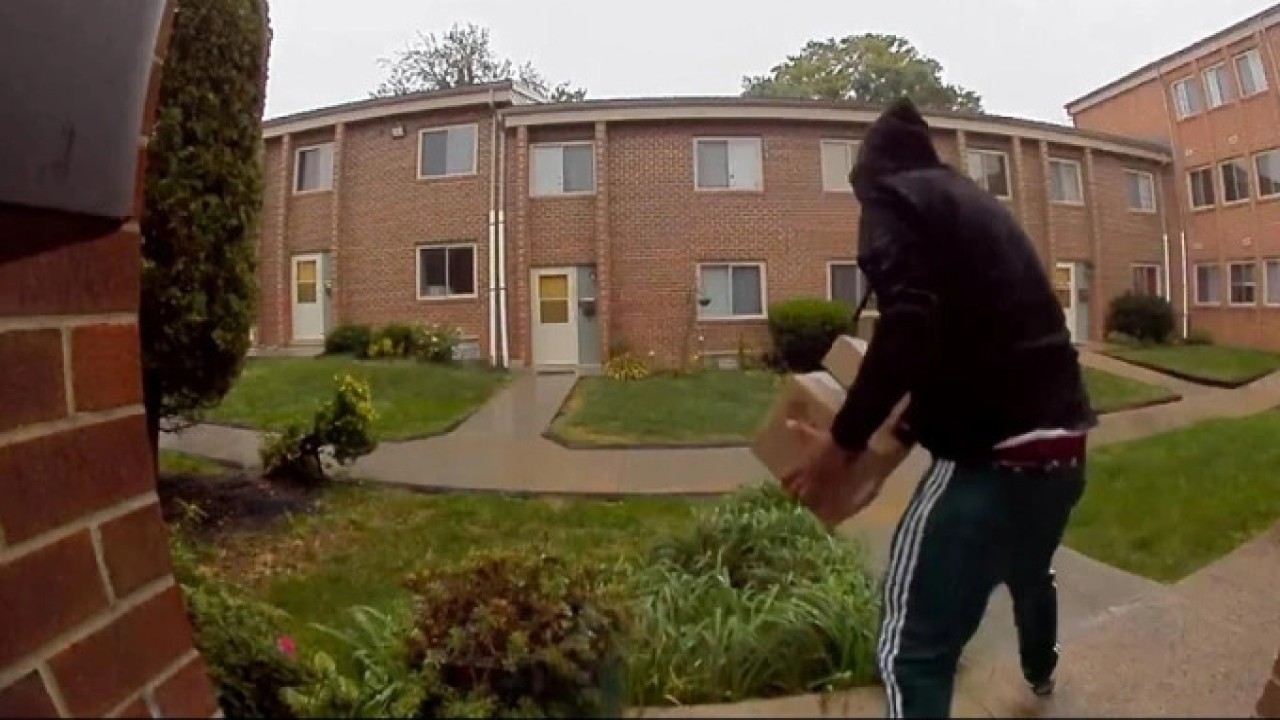How Thousands of iPhones Were Stolen from Front Porches
USA – By using location-tracking software, a criminal group managed to steal thousands of packages containing iPhones left on front porches.
One day in December last year, three men entered a phone repair shop in Brooklyn at different times, handed a bag to the employee behind the counter, and then walked out empty-handed.
Those bags were taken to Wyckoff Wireless, a store that looked like many others in the area, except that it was under federal surveillance. Authorities suspected it was a hub for reselling thousands of stolen iPhones.
A High-Tech Theft Operation
At the end of 2024, U.S. media reported a wave of stolen packages. Texas police told Boston25News that thieves mainly targeted high-value items like the latest iPhones from AT&T, as this carrier did not require a signature upon delivery. In contrast, Verizon and T-Mobile mandated signatures for smartphone deliveries.
But how did the thieves know which packages contained iPhones? In February, U.S. law enforcement raided Wyckoff Wireless, blocked off the street, and used sniffer dogs to search the premises. They emerged with large boxes and, more importantly, uncovered how criminals stole and resold iPhones—by combining technology with old-fashioned bribery.
According to The Wall Street Journal, criminals used tracking software to monitor FedEx delivery trucks while bribing store employees to obtain order details and delivery addresses. The group then sent people to retrieve the packages before the rightful owners could claim them.
Data from the U.S. Attorney’s Office in New Jersey identified Demetrio Reyes Martinez, 37, also known as "CookieNerd," from the Dominican Republic as the creator of the tracking software. He found a way to bypass FedEx’s data access restrictions, wrote a program, and sold it on Telegram with detailed instructions on how to use it.
Meanwhile, Alejandro Then Castillo, an employee at an AT&T store in Paterson, New Jersey, took photos of customer names, addresses, and order numbers, sharing them with the crime group. Prosecutors revealed he collaborated with another AT&T employee in Fort Lee and actively recruited others into the network by offering bribes of $2,000–$2,500 per recruit.
How the Theft Was Carried Out
The scheme involved insiders at stores, FedEx truck trackers, and thieves who grabbed packages from front porches before homeowners could retrieve them. The process was swift: a FedEx driver would drop off an AT&T package containing an iPhone, and almost immediately, a thief would appear to snatch it—sometimes even coming face-to-face with the delivery driver.
Arrests and Law Enforcement Response
New Jersey police reported that Joel Suriel, 31, the owner of Wyckoff Wireless, was arrested and charged with conspiracy to transport and receive stolen property. Suriel had previously pleaded guilty to leading a credit card fraud ring used to buy smartphones illegally.
FedEx and AT&T are now working with the Department of Homeland Security, the FBI, local police departments, and prosecutors in the Dominican Republic’s high-tech crime unit to investigate the stolen goods network.
"Due to the sophistication of these criminals, we are proactively collaborating with law enforcement to combat porch piracy," a FedEx spokesperson said, adding that the company is adjusting its procedures to better protect drivers and deliveries.
An AT&T spokesperson stated that the company frequently updates security protocols and trains employees to counter increasingly sophisticated criminal tactics. Customers are also provided with options to secure package deliveries.
This theft network wasn’t confined to New Jersey. Security camera footage shows similar incidents in New York, Pennsylvania, Delaware, Virginia, Michigan, Georgia, and Florida. According to WSJ, most of the stolen iPhones were smuggled overseas rather than resold in the U.S.








Comments (0)